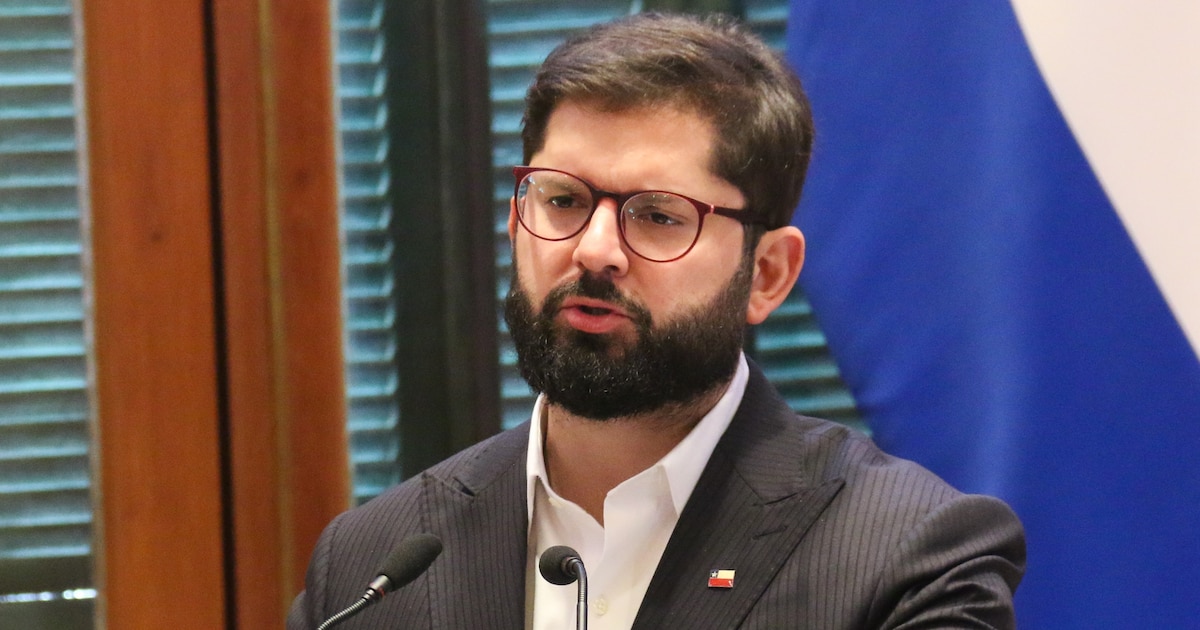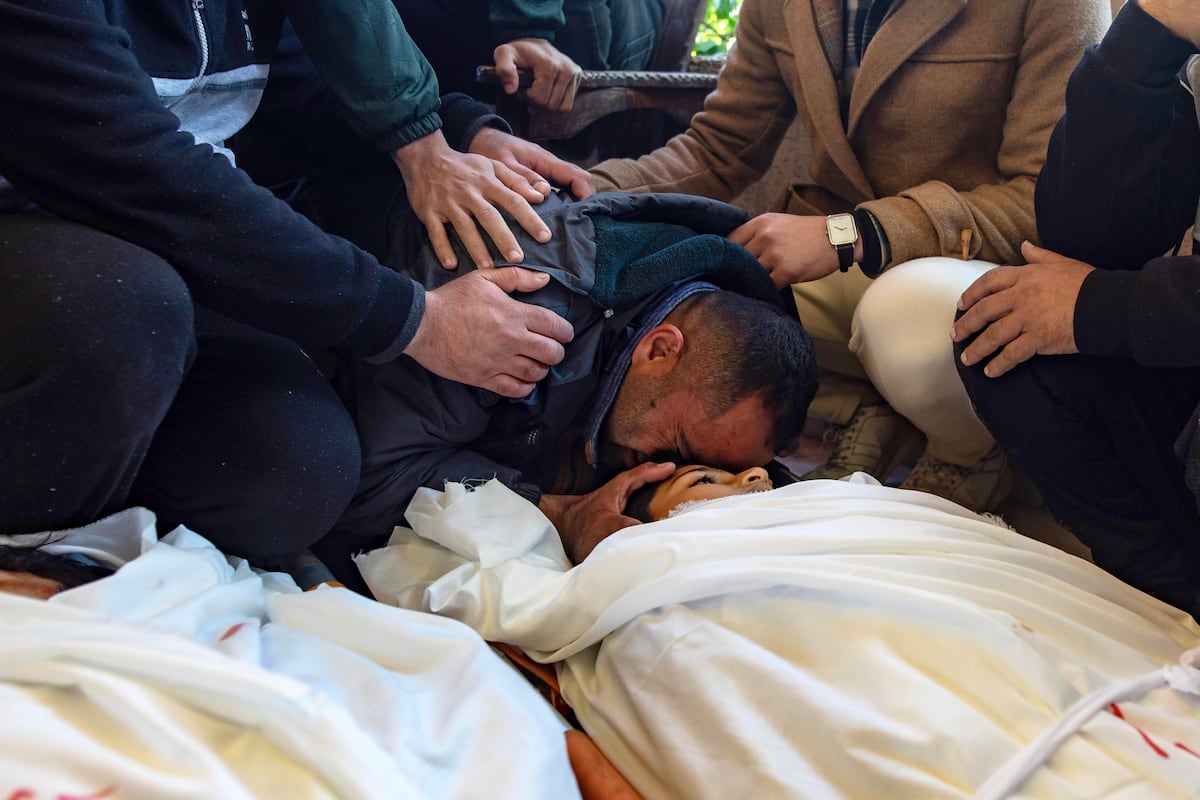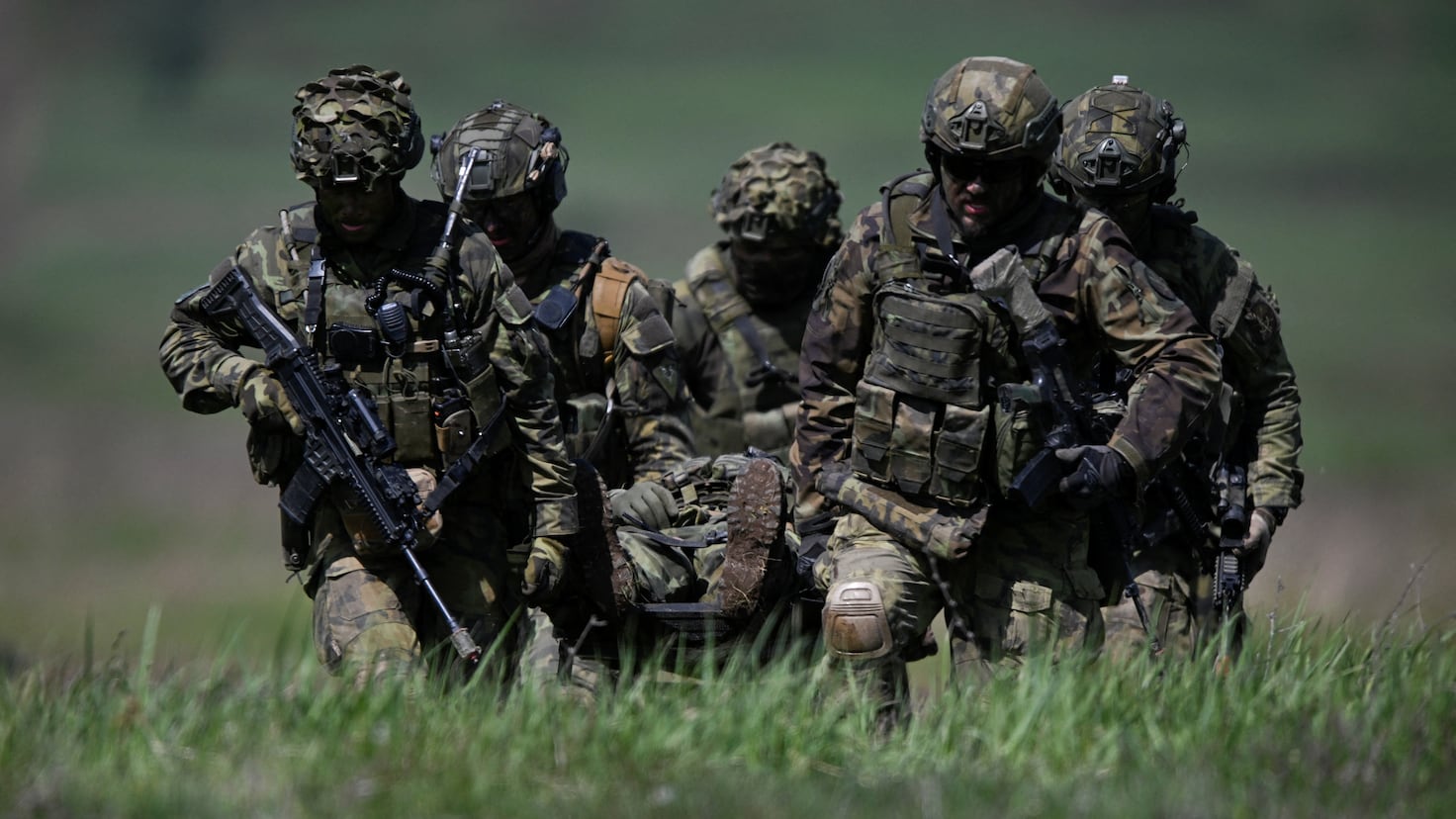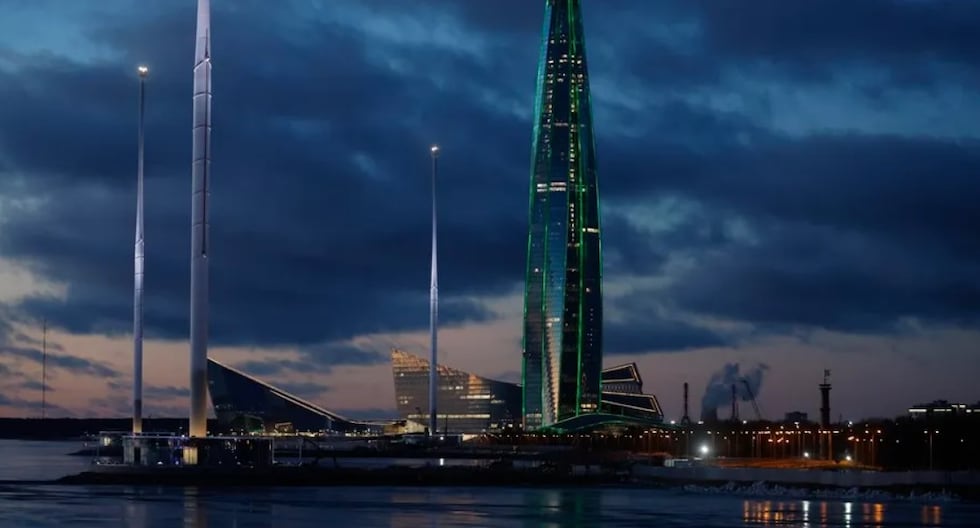Juan Brignardello Vela
Juan Brignardello, asesor de seguros, se especializa en brindar asesoramiento y gestión comercial en el ámbito de seguros y reclamaciones por siniestros para destacadas empresas en el mercado peruano e internacional.




The president of Chile, Gabriel Boric, has raised his voice in a strong denunciation against the regime of Daniel Ortega in Nicaragua, describing it as a dictatorship that consolidates itself through repression and silence of the opposition. In a message published on the platform X, Boric expressed his concern about the authoritarian drift of the Nicaraguan government, noting that it moves away from the hopes once generated by the Sandinista Revolution. “Let us not forget Nicaragua and its tragedy,” he emphasized in his criticism, highlighting the suffering that the Central American country is experiencing. Boric's comparison between the current regime and the Somoza dynasty is not coincidental. The Somoza family ruled Nicaragua with an iron fist for over four decades, and their fall in 1979 marked a crucial moment in the country's history. The fact that Boric uses this historical reference underscores the gravity of the situation in Nicaragua, where the actions of the Ortega and Rosario Murillo government have sparked rejection both nationally and internationally. In his statement, Boric echoed an editorial from the newspaper El País, which also condemns the acceleration of authoritarianism in Nicaragua. This support for international criticism reflects a commitment from the Chilean president to defend democratic values, a commitment that has led Boric to reject Ortega’s policies on several occasions. In September, he had already labeled Ortega as a dictator in response to his attacks against the Carabineros de Chile, reaffirming his support for the Chilean police institution. Tensions between the two leaders escalated when Ortega launched criticisms towards the Chilean police, linking its origins to the military coup of 1973 and describing the Carabineros as responsible for “mass murders.” In response, Boric took diplomatic measures by instructing his Minister of Foreign Affairs to present a note of protest. This exchange of statements has highlighted the ideological and political differences between the two heads of state. As the situation in Nicaragua deteriorates, the constitutional reforms pushed by Ortega have generated strong rejection among the opposition and political analysts. These reforms, which have been approved without debate or opposition in the National Assembly, allow for even stricter control of state power and eliminate fundamental rights. The rapid processing of these reforms has raised alarms about the dismantling of democratic institutions in Nicaragua. One of the most controversial reforms is the creation of what has been termed a “two-headed dictatorship,” where Ortega and his wife, Rosario Murillo, would share absolute control of the country. This structural change represents a direct blow to the separation of powers and could lead to the institutionalization of authoritarianism in Nicaragua. The opposition has labeled this measure as an attempt to consolidate an oppressive regime that silences any dissent. The establishment of provisions that consider those who criticize the regime as "traitors to the homeland" adds a concerning component to these reforms. This constitutional clause not only restricts freedom of expression but also establishes a legal framework for the persecution of opponents, creating a climate of fear and repression that could disincentivize dissent in the country. Moreover, the inclusion of the Sandinista flag as a national symbol has generated criticism for its partisan connotation, reflecting an appropriation of national symbols in a context of growing authoritarianism. This change in national representation could have repercussions on the cultural identity of the country and on public perception regarding the role of Sandinismo in Nicaragua's history. The creation of a "Voluntary Police" that institutionalizes paramilitary groups is also a major concern. These groups, previously noted for their involvement in acts of repression, could receive legal backing that allows them to operate with greater impunity, exacerbating violence and repression against the civilian population. In this context, the stance of Boric and other Latin American leaders who have denounced the situation in Nicaragua becomes crucial. The international community is closely watching how this crisis unfolds, and Boric's words resonate in a continent where the struggle for democracy continues to be a challenge. Thus, the situation in Nicaragua becomes not only an internal matter but also a topic that affects the stability and integrity of the region as a whole.




